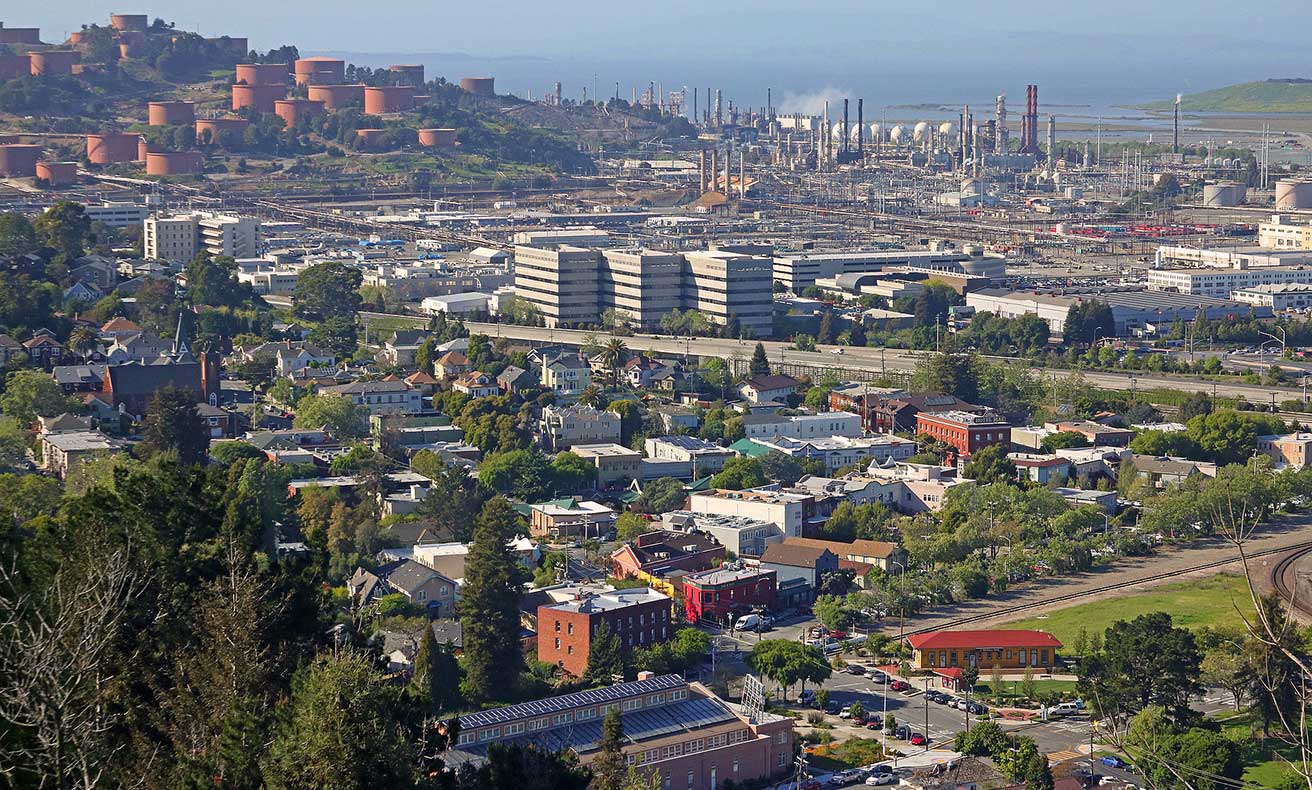The City of Richmond Department of Employment & Training operates three core public programs:
- Richmond Works – assisting residents and businesses with employment and training
- RichmondBUILD – a public private partnership focused on developing talent and skill in the high growth, high wage construction and renewable energy fields
- YouthWORKS – case-managed services for at-risk and in-risk 16-24 year-old youth, including academic support, transportation assistance, cultural enrichment trips, life skills, and pre-employment training
Center for Cultural Innovation is collaborating with the City of Richmond to design and implement a new project within YouthWORKS based on their Direct Entry to Employment model called Richmond Works. This new program will match local youth—ages 18–24 who have a career interest in the arts—with Richmond-based commercial arts and design businesses involved in manufacturing, production, or fabrication. The program will provide pre-employment training in soft and hard skills, subsidized work hours, and support to local community partners who are committed to being trainers and employers.
For this project, CCI is the funder and the City of Richmond offered the match. This unconventional partnership between an arts intermediary and a city’s workforce investment board was possible because of City Manager Bill Lindsay, who has a local, Bay Area reputation as being “arts-friendly.” Lindsay was one of the few government officials who took CCI’s call and a meeting to explore partnership, and was the only one ready to put to the test his belief that a more vibrant and economically sound future for Richmond rests in new industries that include arts and food culture. At the brainstorming meeting between Richmond and CCI, there was an explicit agreement that whatever project was created could not contribute to gentrification that would harm the primarily low-income, African American population, but rather should contribute to helping this community. Because of this firm criterion to invest in—not displace—local residents, the partners quickly declined a number of more conventional “creative economy” ideas, including incentivizing relocation of art galleries and artists from more expensive Bay Area communities to move to Richmond, or the funding of galleries or arts districts. The ah-ha moment for the project’s design came when CCI was made aware that Richmond is already home to a number of arts fabricators who thrive there because of the availability of large industrial buildings at low cost. Hence, the project that the partners landed on is to use all the tools and practices of traditional workforce development and apply it to training arts workers for local design and fabrication companies.
CCI’s local implementation partner is Jacqulyn Holley-Young who has been employed by the Richmond Employment & Training Department for the past seven years and recently transitioned as YouthWORKS’s Senior Employment Program Specialist. Holley-Young serves as the CIIN project lead, along with Employment Program Manager Rosemary Viramontes-Pineda and Employment Specialist Candra Muhammad.
The project experienced some early challenges:
- The first was in translation: how could CCI help YouthWorks staff understand enough about the arts industry to identify the kinds of partners and jobs that would be appropriate. CCI’s role has been to ensure that participants become competitive for skilled arts jobs that require some knowledge of the arts market, pigments, fabrication, or design, and not customer service positions answering the phone or taking orders. As a result of this concern, CCI has been both a partner in identifying potential employers and an arbiter in determining the kind of positions that would qualify for funding.
- The second challenge has been attracting participants—both youth trainee participants and arts fabrication company trainers/employers. Richmond’s Workforce Investment Board primarily attracts, and is known for, helping to train and place people in the construction industry, not in the arts. Hence, YouthWORKS’s staff has had to take the time to create a new employer network and new messages. This has led to a delay in launching the program in order to get participants and employers in place.
The early phase of the work has involved extensive outreach to secure employers for placements. Holley-Young shared that much of their success in recruiting partners has been thanks to strong relationships with long-standing community businesses through other City programs: “The businesses already know us so they’ve been receptive and really want to help with youth development. They seem really aware of the need to make things better—it helps that there’s so much local pride and incentive to hire locally.”
